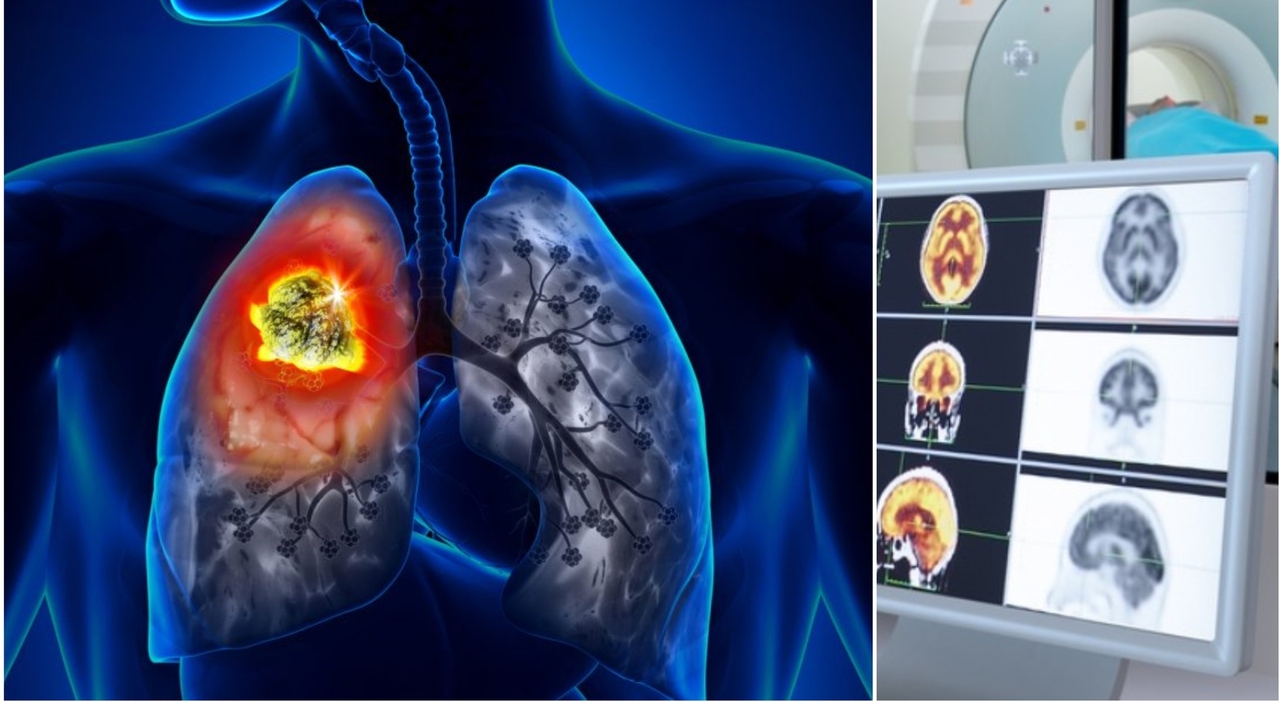A new count in the registers of tumors of 44 countries found that the incidence of «cancer precocious» it is rapidly increasing for colorectal and 13 other cancers: many of these affect the digestive system, and this increase is occurring in people of lower and lower age groups. And it grows in Western countries. The authors of the research argue that the boom in young adults occurs in part due to more accurate testing for certain cancers, such as thyroid cancer. «But the tests don’t fully explain the trend»says study co-author Shuji Ogino, professor of pathology at Harvard TH, the school of “Public Health Chan”.
Ogino says the spike is due to a «unhealthy minestrone» of risk factors, which are probably working together, some known and others that need to be investigated. He notes that many of these risks have established links with cancer such as obesity, inactivity, diabetes, alcohol, smoking, environmental pollution, and Western diets rich in red meat and added sugars. not to mention shift work and lack of sleep. Essentially, the risk is that some sort of is occurring “Pandemic of cancer».
A global epidemic of cancer among people younger than 50 could be emerging https://t.co/1I3RUwYxyn
— CNN (@CNN) October 16, 2022
And there are also many unknown risk factors, such as food additives. «Nobody knows», said the oncologist. Ogino thinks that the fact that so many of these cancers – eight out of 14 studied – involve the digestive system indicates an important role for the diet and bacteria that live in our gut, called the microbiome. «I think this is indeed an important piece because what it is aiming for is the change in the prevalence of exposure at an early age, which is producing early onset cancers.»says Dr. Elizabeth Platz, an epidemiologist at the Johns Hopkins Bloomberg School of Public Health who also edited the journal Cancer Epidemiology, Biomarkers & Prevention, but was not involved in the research in question.
Tumors, the Mediterranean diet helps immunotherapy: this is the dietary strategy that decreases the growth of cancer
«Get obesity. It was once rare. Not only has it become more common today to have a dangerously high BMI, but people are becoming obese earlier in life, even in childhood, so these cancer risks are growing decades earlier than in previous generations.».
The surge in early-onset colorectal cancer – Reis Nunes’ cancer – has been particularly strong. Ogino’s research found that the average annual growth of colorectal cancer in young adults was about 2% in the United States, Australia, Canada, France and Japan. In the UK, it’s nearly 3% per year in England, Scotland and Wales. In Korea and Ecuador, it is around 5% per year. «It doesn’t sound big, but you can think about inflation – if it’s 2% every year, it’s going to be a big change in 10 or 20 years, you know?» explains the scholar again. «It is not trivial». Between 1988 and 2015, these annual increases pushed rates of early colorectal cancer from nearly 8 per 100,000 people to about 13 per 100,000, a 63 percent increase, according to another recent survey published in the New England Journal. of Medicine. Studies show that about 1 in 10 colorectal cancer in the United States is diagnosed in a person between the ages of 20 and 50.
Tumors, the study on the herpes virus: this is how it is able to destroy cancerous cells
Ogino’s review found something called the effect of “cohort”, which means that the risk of early-onset cancer is increased for each subsequent group of people born at a later time. Those born in the 1990s have a higher risk of developing early-onset cancer in their life than those born in the 1980s, for example. Other malignancies that date back in younger Americans include those in the breast, endometrium, gallbladder and bile duct, kidney, pancreas, thyroid, stomach, and blood plasma cells, a cancer called myeloma. Dr. Karen Knudson, chief executive of the American Cancer Society, defines the research «a call to arms». Cancer is a serious diagnosis at any age, but when it occurs in younger adults, cancers are typically more aggressive and often go undetected because routine cancer screening is not recommended for some of the more common types of cancer. such as breast and prostate, up to the age of 50. «Not only were these early-onset cancers more likely to be diagnosed when the cancer is at a more advanced stage, but it was also in some of the reports that were tabulated here associated with worse survival outcomes.»Knudson said.
Tumors, “killer” lymphocytes can kill cancer cells: here’s how
Last year, the rising incidence of colon cancer in young adults prompted the U.S. Preventive Services Task Force to lower the age at which it recommends doctors start screening people for colon cancer to 45. . «If you are heading towards 45, you should really think about it and not wait until 50 or 55The oncological scholars suggest. Advice to listen to, always.
Last updated: Sunday 16 October 2022, 20:50
© breaking latest news
